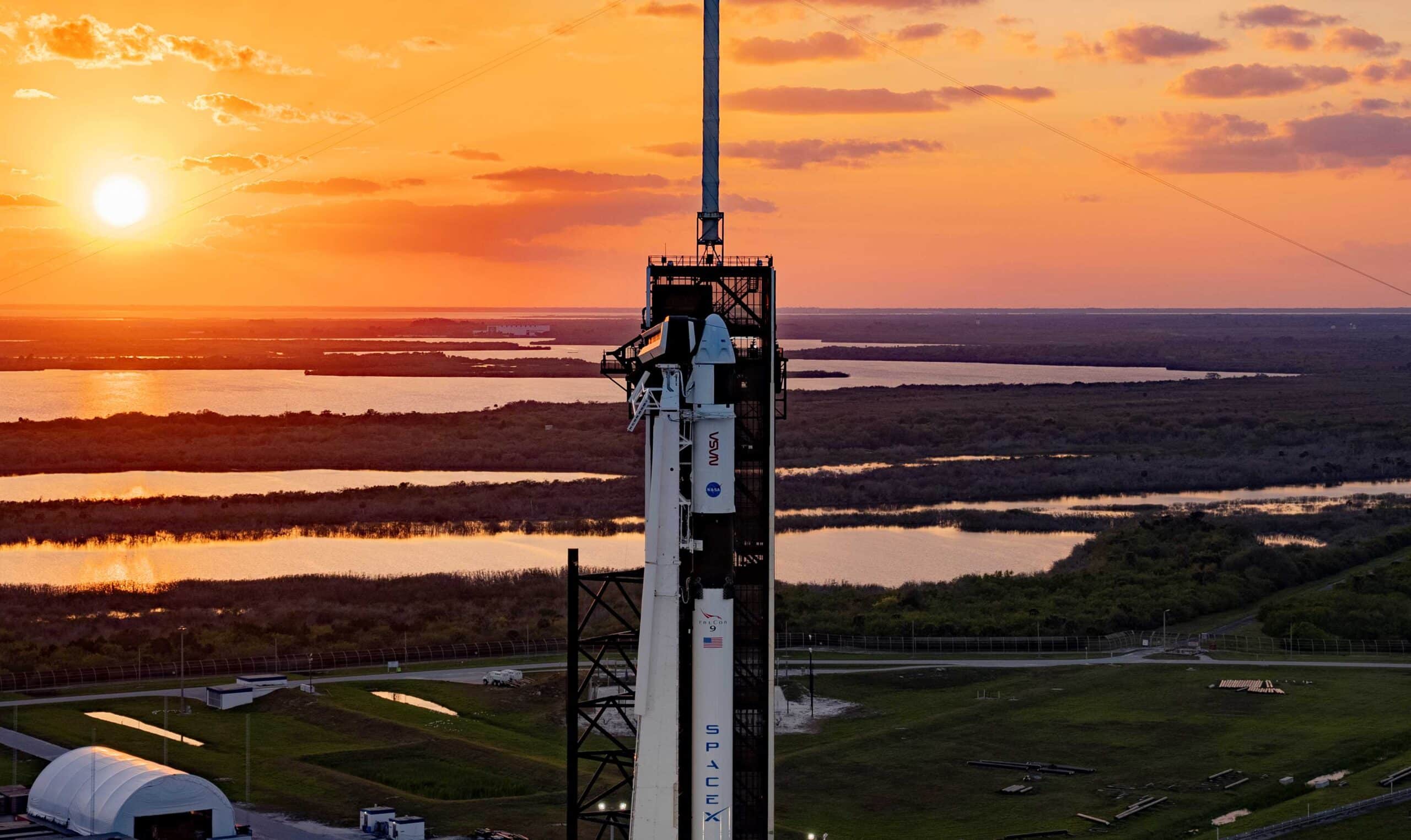Elon Musk’s rocket company SpaceX has successfully launched four astronauts to the International Space Station (ISS) for NASA including the 1st astronaut from Arab world, marking the third crewed flight for the private spaceflight company. The launch, which took place on Thursday, March 2, 2023, was notable not only for SpaceX’s continued achievements, but also for the historic significance of one of the astronauts on board.
The Falcon rocket blasted off from the Kennedy Space Center in Cape Canaveral, Florida, shortly after midnight, illuminating the night sky as it headed up the East Coast. The trip to the ISS, a laboratory orbiting some 420 km (250 miles) above Earth, was expected to take nearly 25 hours, with rendezvous planned for about 06:15 GMT on Friday.
The crew includes NASA’s Stephen Bowen, a retired Navy submariner who has logged three space shuttle flights; Warren “Woody” Hoburg, a former research scientist at the Massachusetts Institute of Technology and space rookie; Andrey Fedyaev, a space rookie who has retired from the Russian Air Force; and Sultan al-Neyadi, an astronaut from the United Arab Emirates and only the second Emirati to fly to space.
Who is the 1st astronaut from Arab world going for an extended monthslong stay?
Al-Neyadi’s mission marks the first time an astronaut from the Arab world will stay in space for an extended, monthslong stay. His six-month mission will see him replace a US-Russian-Japanese crew that has been on the ISS since October 2022. Nearly 80 spectators from the UAE watched from the launch site as al-Neyadi blasted off into space. Half a world away in Dubai and elsewhere across the UAE, schools and offices broadcast the launch live.
The UAE paid for al-Neyadi’s seat on the SpaceX flight, and the long mission “provides us a new venue for science and scientific discovery for the country,” said the UAE’s minister for public education and advanced technology, Sarah al-Amiri. Al-Neyadi, a communications engineer, served as a backup for the first Emirati astronaut, Hazza al-Mansoori, who rode a Russian rocket to the ISS in 2019 for a weeklong visit.
The UAE’s involvement in space exploration extends beyond just sending astronauts to the ISS. The country already has a spacecraft orbiting Mars and a mini rover hitching a ride to the Moon on a Japanese lander. Additionally, two new UAE astronauts are currently training with NASA’s latest astronaut picks in Houston.
The successful launch of the SpaceX rocket and the inclusion of al-Neyadi on the crew represents a significant achievement for space exploration and international cooperation. As more countries continue to expand their involvement in space exploration, it’s clear that the future of human spaceflight will be defined by cooperation and collaboration across borders.
Image Credit: SpaceX/Twitter



















